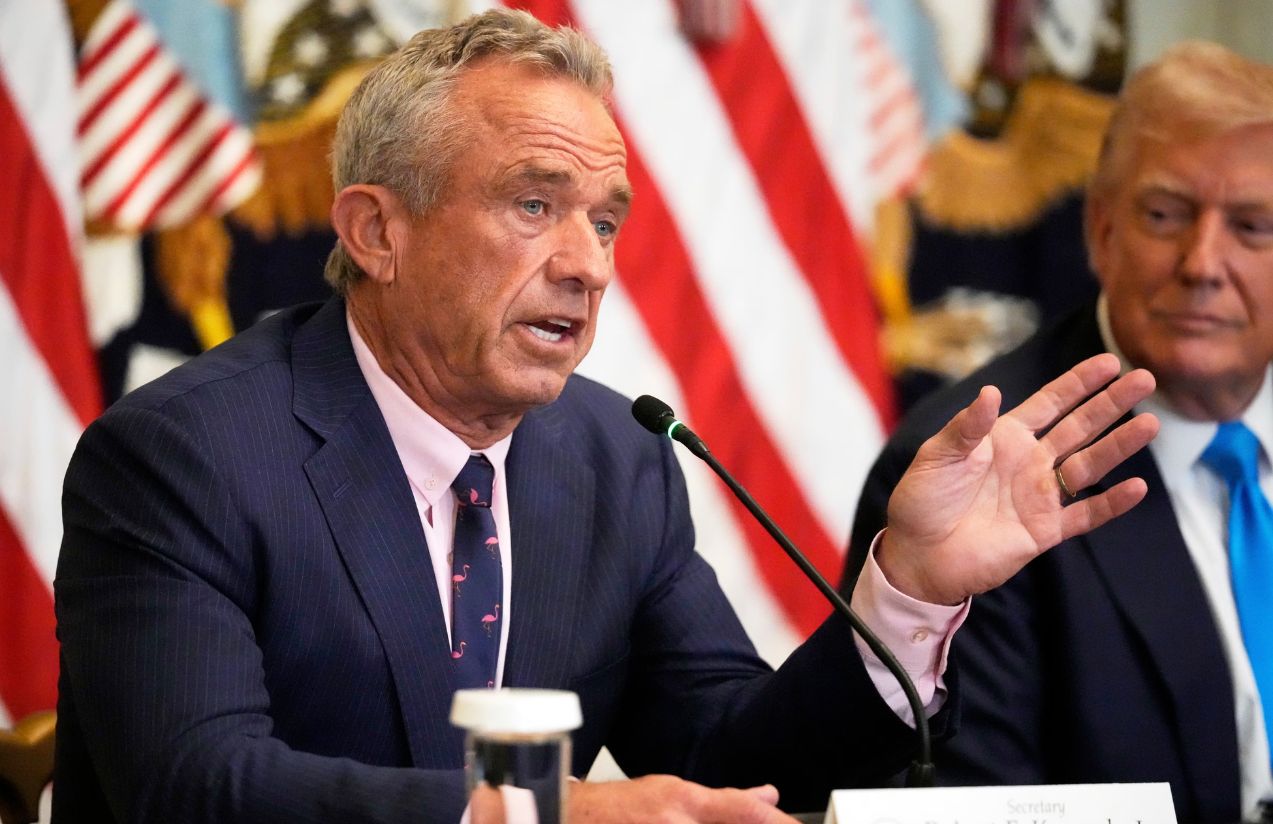The United States Department of Health and Human Services (HHS), led by Secretary Robert F. Kennedy Jr., has announced the cancellation of 22 mRNA vaccine projects, cutting nearly $500 million in funding originally allocated for respiratory viruses like COVID-19, influenza, and bird flu.
Kennedy, a longtime critic of mRNA vaccines, claimed the platform fails to provide effective protection against upper respiratory infections. He stated that funds would instead go to safer, more stable vaccine technologies such as whole-virus vaccines with a stronger track record and clearer clinical data.
The decision has sparked criticism from health experts, who argue that mRNA technology was essential during the COVID-19 pandemic, allowing rapid responses to evolving variants. Several of the halted projects were focused on emerging threats with pandemic potential.
Although some late-stage contracts will be allowed to conclude, the HHS confirmed that no new mRNA vaccine initiatives will be approved under the current leadership.
Why could this decision be a step backward for public health in the U.S.?
Because it limits the country’s ability to respond quickly to future pandemics, slows down innovation in immunology, and cuts off one of the most flexible and effective vaccine technologies developed in recent decades.

